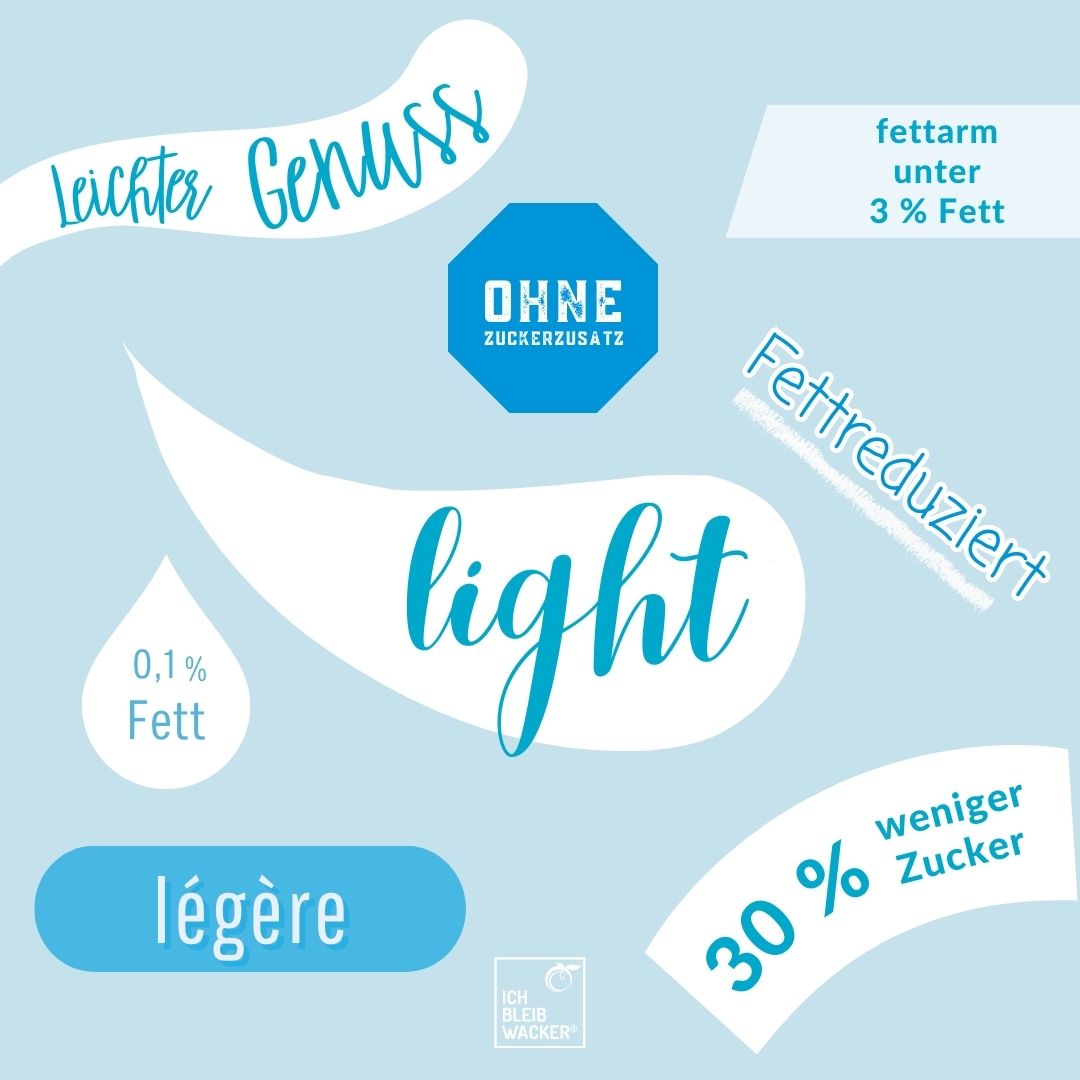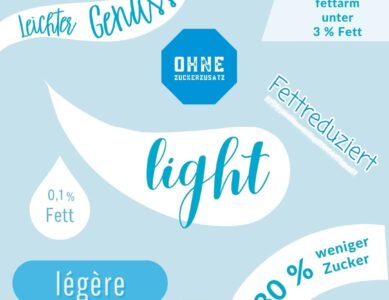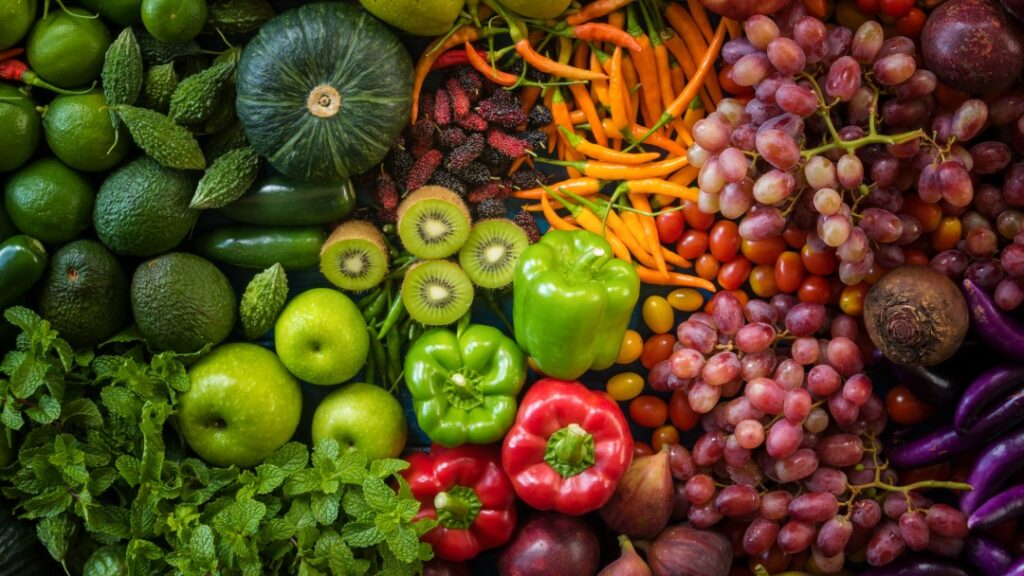Have you ever wondered whether light products really deliver what they promise? What does this "light" on the packaging actually mean and can I also lose weight with it? A seemingly magical solution to all our weight problems, it's hard to imagine the shelves without it. From low-calorie snacks to sugar-reduced drinks - they promise pleasure without the worry. But how much truth is there behind the "light" label?
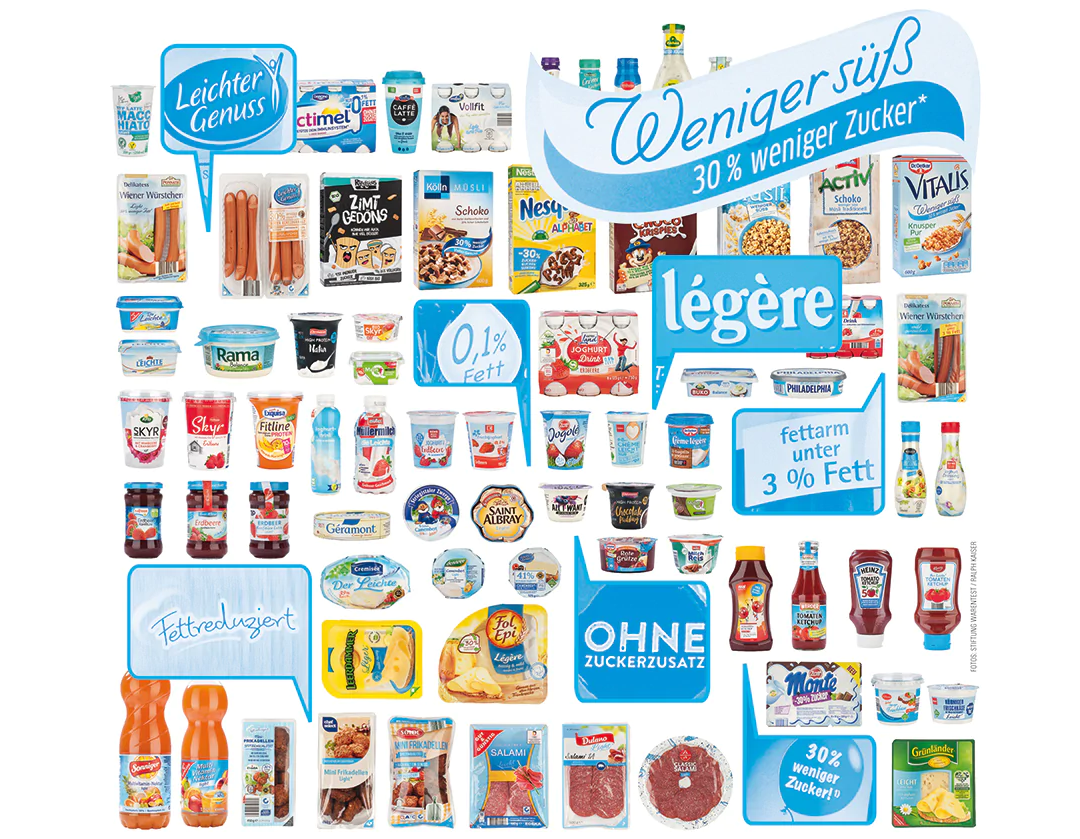
What is meant by light products?
The term "light products" is predominantly used for foods and beverages that have a reduced content of calories, salt, fat, sugar or other nutrients compared to the normal product. The term "light" thus implies that these products should aim at a lighter and healthier diet.
Numerous other terms exist, such as:
- Balance
- Zero
- Diet
- Less sweet
- low fat/ fat free
- Low sugar/ sugar free
- low energy/ energy free
Depending on the reduced nutritional value, there are different types of light products. Some claims are specified by law, others are not. For example, when terms like "balance" are used, manufacturers have a lot of freedom to decide what exactly is in their products. However, legally regulated product designations may only be used by manufacturers under certain conditions.
- Low fat: These products contain less than 3 grams of fat per 100 grams or less than 1.5 grams of fat per 100 millilitres.
- Grease-free: Fat-free products must not contain more than 0.5 grams of fat per 100 grams.
- Low sugar: These are products that contain less than 5 grams of sugar per 100 grams or 2.5 grams per 100 millilitres than conventional variants. This can apply to drinks, desserts and snacks.
- Sugar-free: Sugar-free products contain no more than 0.5 grams of sugar per 100 grams/millilitre.
- Low energy: These products have less than 40 kilocalories per 100 grams or 20 kilocalories per 100 millilitres.
- Energy-free: It contains less than 4 kilocalories per 100 grams or 100 millilitres.
- Light or light products: These are products that have around 30 per cent reduced energy or fat content compared to the normal product.
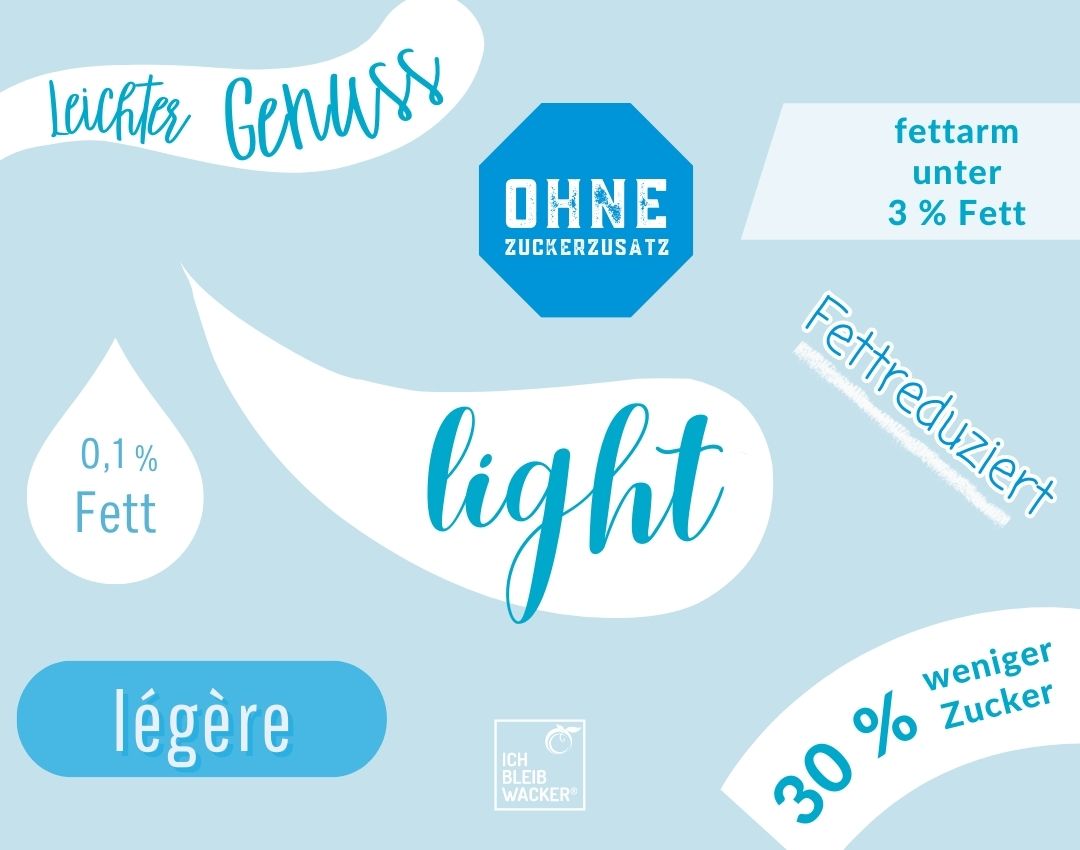
Do light products help you lose weight?
The aim of light products is clear: they are supposed to "make you lighter" by reducing the calorie, fat or sugar content, i.e. help you lose weight. Manufacturers of light products advertise that consumers can continue to eat "normally" without having to give up anything. Unfortunately, they rarely fulfil this "promise". You want to lose weight but don't know which diet is right for you? We have taken a closer look at some diet trends: Low-Carb, Low sugar diet, Paleo diet, High-Protein.
While light products may often contain less fat or sugar, it is important to look more closely. This is because often the reduced content of a nutrient is compensated for by increased addition of other ingredients:
Low-fat: Particularly low-fat products often have an increased sugar content because fat is missing as an important flavour carrier. Furthermore, not all fats are bad. Healthy fats are important, for example, for the absorption of fat-soluble vitamins and the support of various bodily functions. When eating low-fat products, it is important to ensure that you still have enough healthy fats in your diet.
Zero sugar or low sugar: Products marketed as "zero sugar" or "sugar-free" usually contain no added sugar or only very small amounts of it. However, they are often made with artificial sweeteners or sugar substitutes to provide the sweet taste without increasing the calorie and sugar content. Consuming low-sugar products alone is therefore not enough to eat healthily or lose weight. On the contrary, in fact: in moderation, sweeteners are often harmless, but excessive consumption can have potential effects. When sweeteners are consumed, the body experiences hypoglycaemia, which increases the appetite for sweet foods. Sweeteners can therefore have the opposite effect during a diet.
Our sprouted mueslis, for example, are free of sweeteners and unhealthy industrial sugar. With only 1.9 g of sugar per 100 g, our germinated nut muesli a real hit:
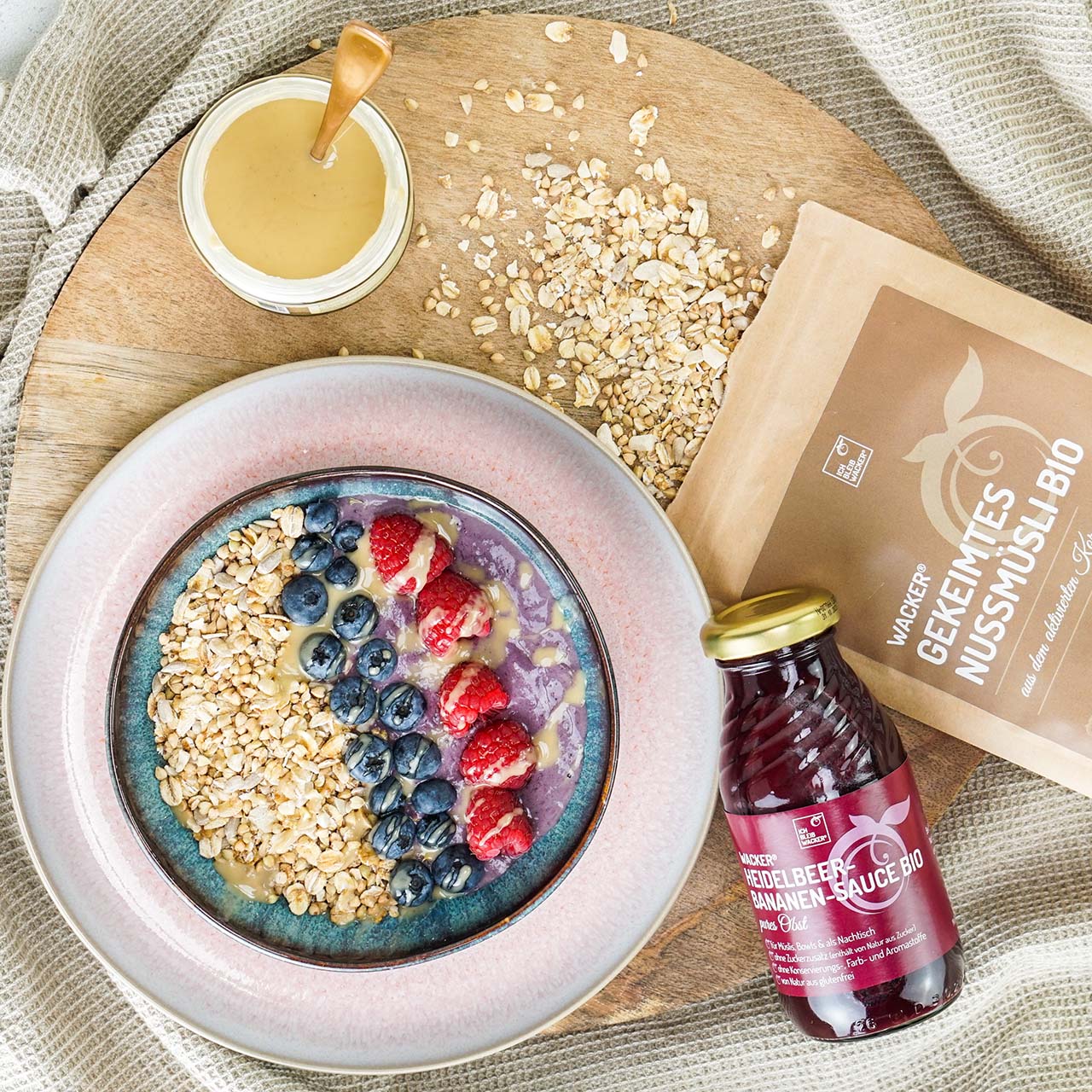
Order our sprouted mueslis now!
Are light products healthier?
No, light products are not automatically healthier than the "normal products". Although they may be reduced in certain nutrients, they may still contain other additives, preservatives or artificial sweeteners that are added to maintain consistency, taste and appearance. These ingredients are not healthy. When choosing light products, it is therefore advisable to check the nutritional information in each case, to analyse the list of ingredients and to consider your own nutritional goals. Instead of trying out numerous light products, it is important to switch to a healthy and balanced diet in the long term. These tips can help you on your way to a healthier diet: Small change, big effect: 5 simple tips for a healthy diet - Wacker Stories (bleibwacker.com)
Sources: AOK, NDR
Picture Light products: © Stiftung Warentest
Image reduced fat: Adobe Stock, Pixelot, #496607164

